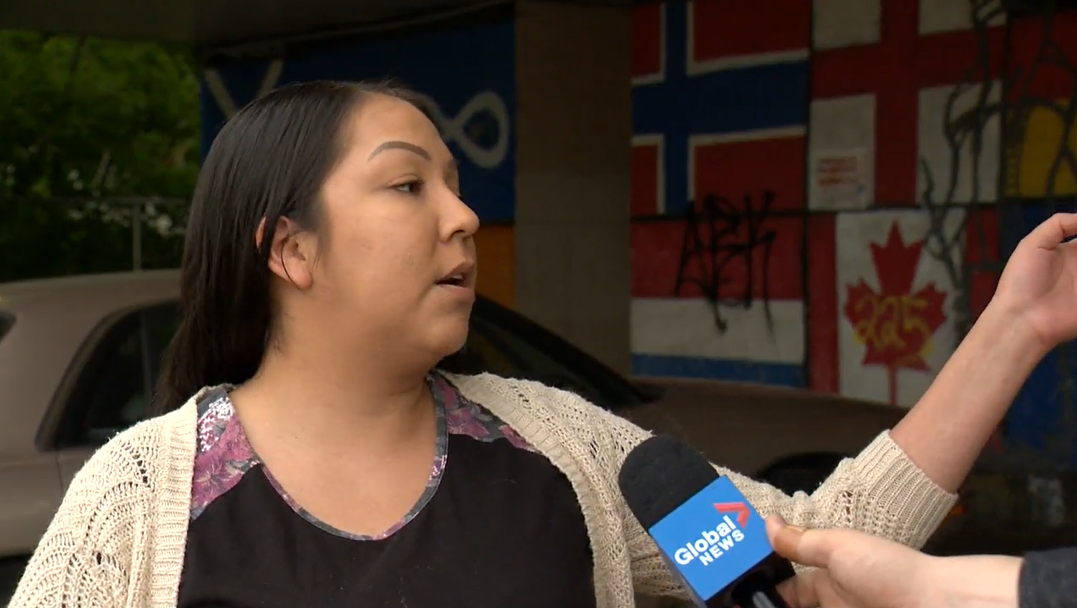According to All Nations Hope Network (ANHN) Finance and Research Director Margaret Kisikaw Piyesis, there have been days where demand for naloxone has exceeded supply at Awasiw: The Place of Hope.

“People are being revived. We’ve been saving lives every day there,” she told Global News earlier this month.
But while the community drop-in centre was already struggling to keep up with demand, staff members say that with Awasiw ending its 24/7 operations, the community will be left even further underserved.
“We’re going to be seeing a lot more overdose deaths,” said Sterling Robinson, who worked at ANHN as a harm reduction specialist.
“I hope someone steps up, whether it be the government or the city, or the community so we can keep this space alive and running.”
Awasiw opened as “The Warming Place” in December 2020 as a warming shelter and, amid an immediate and strong response from the community, quickly expanded its hours to serve that community day and night.
But, a year-and-a-half later, All Nations Hope Network says it just doesn’t have the funding levels to remain open 24/7 any longer.
A June 13 post on the All Nations Hope Network Website says Awasiw’s 24/7 operations will end June 27 at 11 p.m.
- Life in the forest: How Stanley Park’s longest resident survived a changing landscape
- Bird flu risk to humans an ‘enormous concern,’ WHO says. Here’s what to know
- Roll Up To Win? Tim Hortons says $55K boat win email was ‘human error’
- Election interference worse than government admits, rights coalition says
The centre’s new operating hours will be Monday to Friday from 9 a.m. to 5 p.m.
“The current fiscal funding necessitates this closure and ANHN does not see this situation changing in the near future,” the post reads.
“All Nations Hope Network will continue to provide programming and services to the community as we have since 1995 and will continue to do for the foreseeable future.”
While the centre provided many services during those overnight hours, including community meals, STI testing, communication services and shelter, it’s the loss of overnight harm reduction services that those on the ground find the most concerning.
According to Robinson, 5329 injection and nasal spray naloxone kits were handed out at Awasiw from January to May. That works out to about 35 per day.
“We hand out Narcan or naloxone all throughout our hours,” she told Global News outside Awasiw earlier this month.
“A lot of people, when there’s an overdose just down there, or down there, they usually come running to get some kits to bring their buddy back to life. Now that we’re going to be closed at night that option isn’t there anymore.”
Kisikaw Piyesis said ANHN is working on putting together a new business model in hopes of reopening 24/7 service at Awasiw at some point.
She estimates minimum annual costs at around $800,000.
“We need a bare minimum of 20 outreach workers to run around the clock. And then a bare minimum of at least ten more staff to look after the finance, administration and day-to-day supervision of work we’re doing at Awasiw,” she said.
“If we had $1 million we’d be smiling.”
She said the organization will need new government funding in order to reliably finance continued operation.





Comments